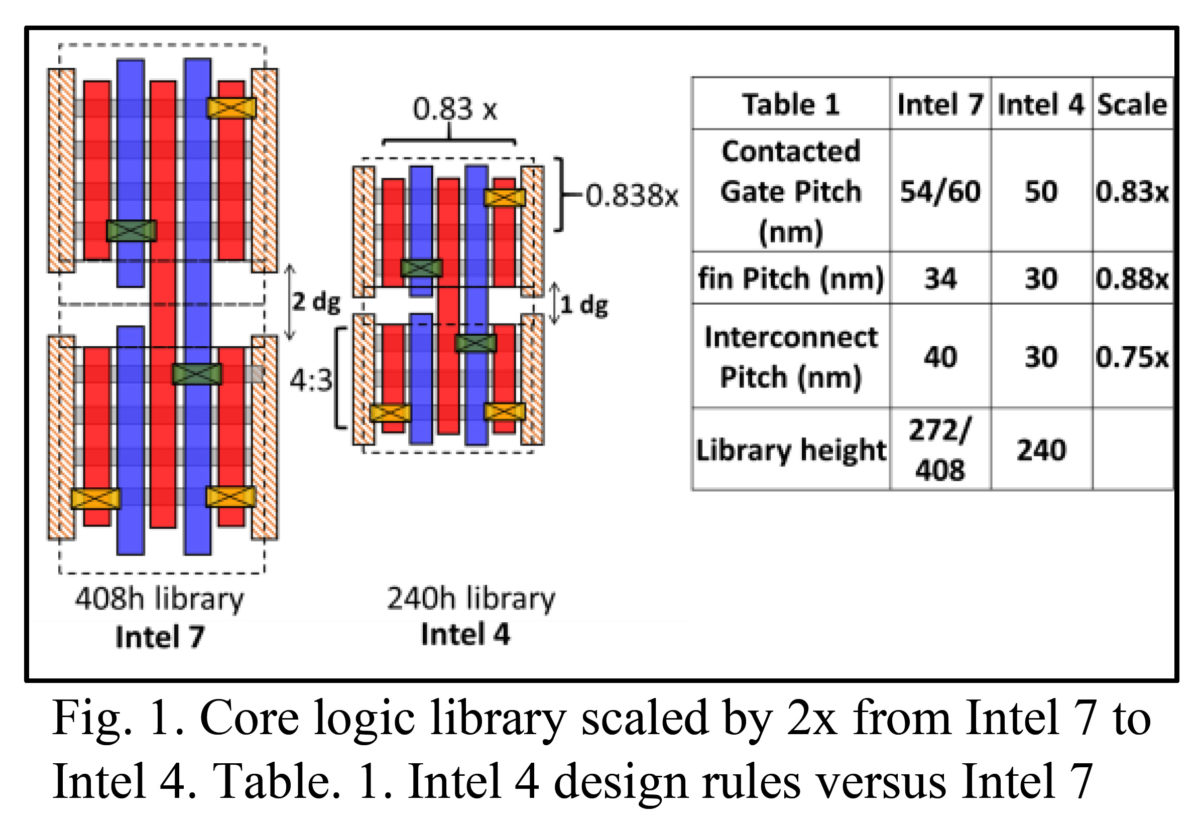Not true, base speeds are different (<<50% alder lake), boost is same only on P-cores, but again will be different in practice because of power limit differences.
“””
Do note that the P-Cores for this engineering sample ran at
a base clock of 1.4 GHz and a max boost clock of 3.8 GHz (P-Cores)
while the E-Cores were split with 2 clusters running at 2.8 GHz and the other 2 clusters running at 1.0 GHz so we can already see some inconsistency in the clock speeds … In terms of performance, the single-core performance of Intel's Raptor Lake Core i9-13900 CPU is slower than the Alder Lake Core i9-12900K chip. This is because the Alder Lake CPU also has the full backing of an optimized BIOS and a higher TDP limit versus the Non-K Raptor Lake chip.
And also, as said before, the clock speeds for the Raptor Lake CPU aren't stable.
“””
-
https://wccftech.com/intel-raptor-l...aster-than-core-i9-12900k-in-multi-threading/

